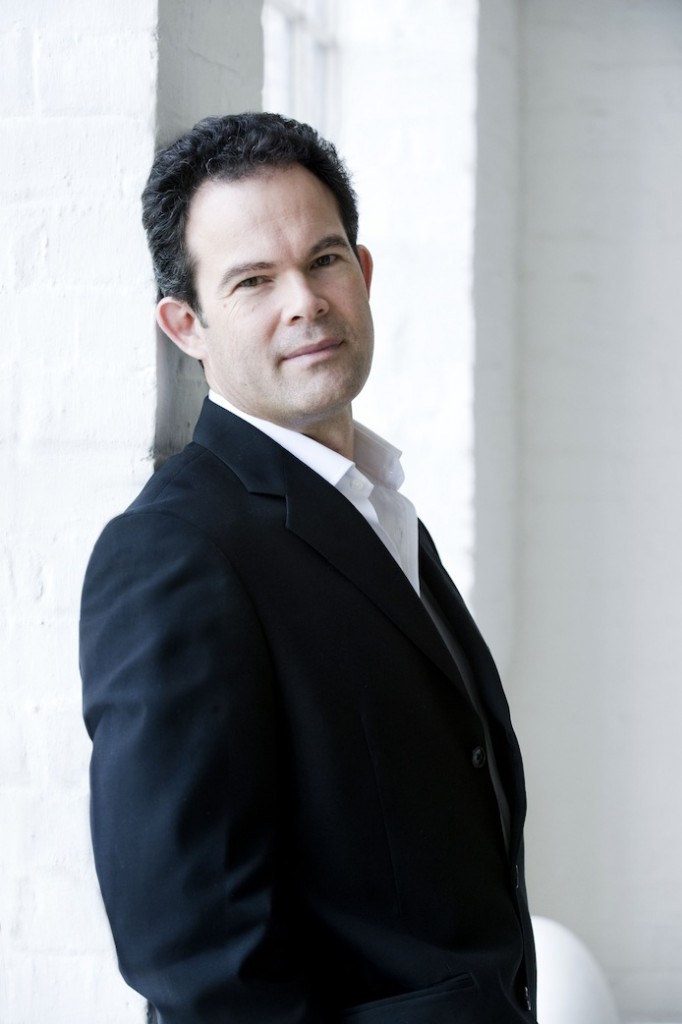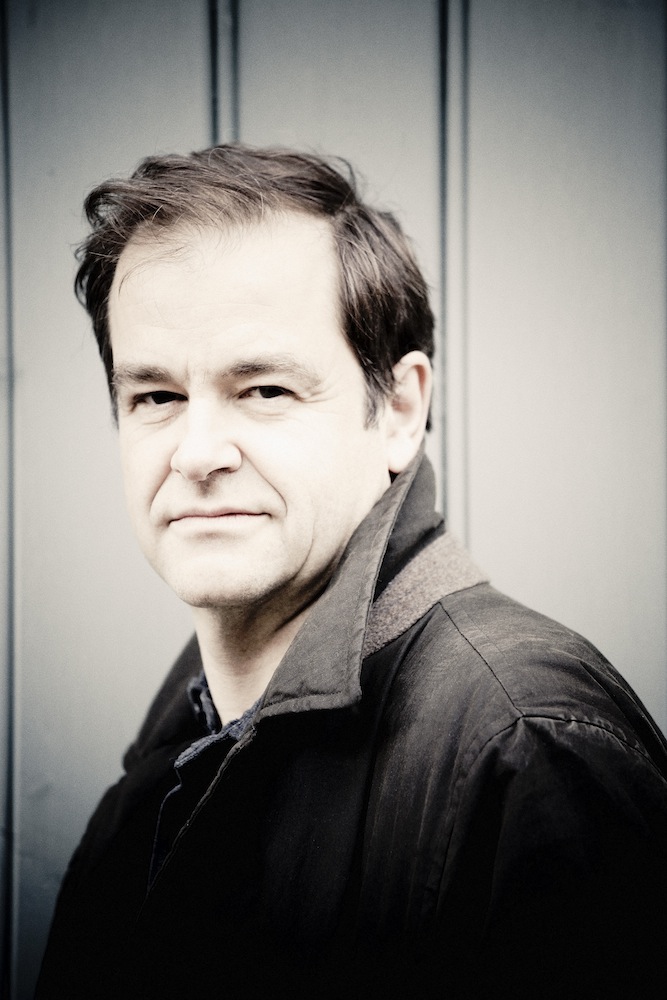Finley, Drake unsparingly explore the frozen inner landscape of “Winterreise”
Winterreise, Schubert’s last song cycle, is a world of hurt, and the Canadian bass-baritone Gerald Finley and the English pianist Julius Drake took listeners deep inside that world Friday night at New England Conservatory’s Jordan Hall.
In a performance of fiercely controlled intensity, Drake sketched the music with the driest of strokes while Finley, his voice rarely rising above mezzo forte, embodied the barely contained rage and grief of a man on the brink.
The 24 poems by Wilhelm Müller probed the mind and spirit of a young man disappointed in love, hurling himself through a winter storm, tormented by visions of receding happiness and an inner storm of turbulent emotions. Schubert’s musical settings abandoned pleasant conventions of lieder writing in favor of stark, fractured utterances whose unsparing psychological insight still sounds startlingly modern.
The nearest thing to a traditional lied in the cycle is the first song, “Gute Nacht,” with its four well-demarcated stanzas and shapely melody matched with pulsing chords and commentary in the piano. The rock-steady tempo Drake marked out through the first three stanzas disintegrated in the last one, as the key changed from minor to major and the young man took final leave of his sleeping lover; the strain in Finley’s voice as he reached, pianissimo, for the melody’s high major third captured the psychic stress of the moment.
Throughout the performance, Finley was unafraid to produce vocal tone that was acidic, raw, or even ugly if emotion demanded it. Though he is evidently blessed with a honey-laced baritone in the Fischer-Dieskau mold, on this night “singerly” singing, placed high with opulent vibrato, was the rare exception, not the rule.
In its place, Finley sang with speech-like tone and phrasing that ranged from a whisper to an ironic snarl to a particular kind of nasal bawl that is German for painful emotion. He kept vibrato to a minimum, omitting it entirely from some of the darker songs. The songs themselves were set in the upper-middle range of natural speech; on the few occasions when the composer dropped to a low note, one was startled at the rich resonance Finley possessed down there.
Drake’s understated yet arresting playing interacted with the voice without covering it. On the basis of this performance, he would hardly be called a colorist at the instrument, but then winter isn’t the season for lush colors. While soft-pedaling (literally) the dripping tears and swirling winds in his part, he was alert to Schubert’s psychological imagery, as in the rude-awakening chords of “Frühlingstraum” or the enigmatic, pinched-off phrases of “Im Dorfe.”
As they performed, the two artists faced each other across a space defined by the unconventional placement of the grand piano, with its keyboard turned slightly downstage, toward the audience. Breaking the old right-angle arrangement—pianist in profile, singer facing straight forward—allowed for a more chamber-music-like interaction onstage, and seemed even to invite the audience into the circle.
This effect was enhanced by sensitive lighting: the seating area was bright enough to follow the song texts, and visual focus onstage was provided by a pool of warm light around the performers and the piano. A better way to stage and light an intimate recital in a medium-sized hall would be hard to imagine.
After traversing a wintry territory of despair, sarcasm, nostalgia, anger, irony, depression and defiance, the cycle arrived at the emotional exhaustion of its last song, “Der Leiermann,” a frozen landscape marked only by the halting wheeze of an ancient hurdy-gurdy. In this exceptionally restrained performance, the noose now pulled still tighter, ending the song, and the recital, in a profound, uncanny hush. The audience’s response, however, was anything but hushed, and not restrained at all.
The next classical-music presentation by Celebrity Series of Boston will be pianist Cédric Tiberghien at Pickman Hall, Longy School of Music, 8 p.m. February 19. celebrityseries.org; 617-482-6661.
Posted in Performances

